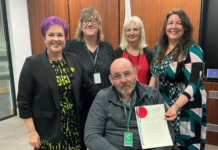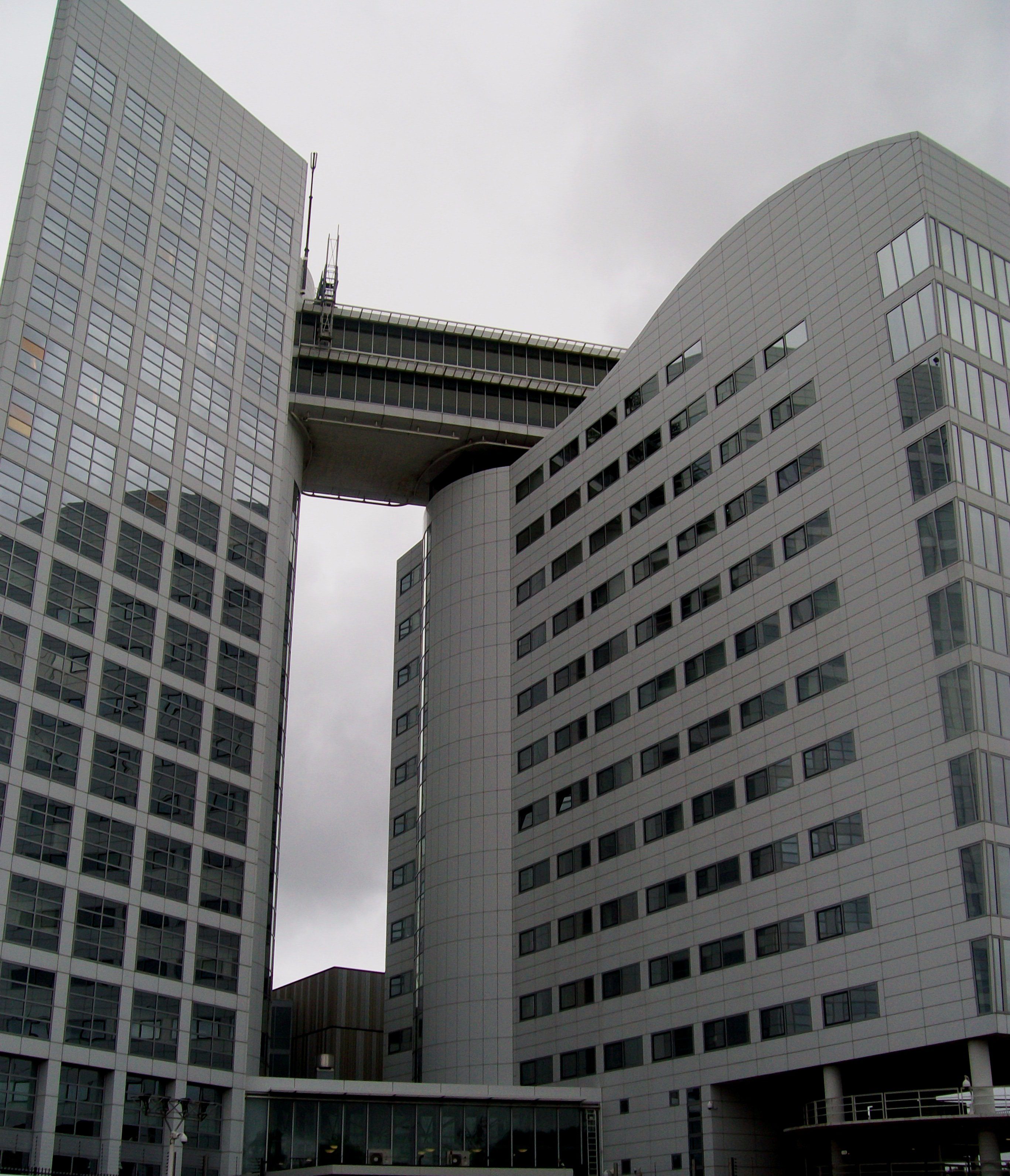Three African States Announce Intention to Exit the International Criminal Court
Image: The International Criminal Court, The Hague, The Netherlands.
The International Criminal Court faced some heavy blows this week. The Netherlands based Court,
empowered to try cases of mass atrocity crimes which fall within its mandate, was confronted by the news
that three African states intend to withdraw cooperation with the Court. South Africa, Burundi and The
Gambia have different reasons for deciding to leave.
South Africa’s decision to leave is rooted in the intense international, regional and national pressure that
has been placed on President Jacob Zuma. President Zuma failed to act on an International Criminal
Court arrest warrant for Sudanese President Omar al-Bashir. Bashir was indicted by the Court to face
allegations of genocide, war crimes and crimes against humanity but officials in South Africa did not
proceed to arrest him while he was in South Africa and transfer him to the Court’s custody.
President Zuma argued that the arrest was not carried out because it went against the African Union’s
principle to grant immunity from prosecution for sitting heads of state. Zuma has been continually
condemned for this failure and, as a result, decided that the best route forward is for South Africa to leave
the International Criminal Court.
Burundi President Pierre Nkurunziza’s argued that the International Criminal Court is biased against
countries which do not support the policies of western states. Nkurunziza proceeded to sign national
legislation to support exiting the International Criminal Court.
Burundi’s withdrawal announcement followed the International Criminal Court’s chief prosecutor stating
in April that the Court intended to open a preliminary investigation into allegations of crimes, including
rape and sexual violence, occurring in Burundi. In addition, at the end of September the United Nations
Human Rights Council confirmed that it would be establishing a commission of inquiry to evaluate
reports of human rights violations in Burundi.
President Nkurunziza’s move was strongly condemned by Human Rights Watch. The organisation’s
Africa Director, Daniel Bekele, said in a statement that “Burundi has failed to hold people responsible for
brutal crimes to account and has sunk to a new low by attempting to deny victims justice before the ICC
[…] This latest move only confirms Burundi’s continuing disregard for human rights and the rule of law.”
The Gambia’s announcement that it would be leaving the International Criminal Court was particularly
difficult for the Court because the present chief prosecutor, Fatou Bensouda, is a Gambian national. The
Gambia echoed similar views to Burundi, accusing the Court of being prejudiced against Africans.
Notably, The Gambia has been, for some time, calling for European states to be tried by the International
Criminal Court in connection with thousands of African migrants dying while trying to reach Europe.
Speaking at the United Nations in the aftermath of Burundi, The Gambia and South Africa’s exit
announcements, President of the International Criminal Court, Judge Silvia Fernández de Gurmendi,
urged that continued state cooperation with the Court was the best way of ensuring international criminal
justice.
The Court President explained that the Court’s creation in 1998 showed that “states recognised the link
between justice, peace, and sustainable development, and reaffirmed their commitment to fight impunity.” The
President also took the chance to recall that the Court is complementary to national judicial proceedings, advising
that “the role of the Court is to provide justice only when States fail to do so.”
The President went on to emphasise the Court’s achievements to date. “The Court is doing its work,” she
said. “Since its creation, the Court has made significant achievements in addressing crimes of concern to
the international community as a whole.”
The President concluded by drawing attention to the Court’s work with victims of the crimes it covers,
saying that the Court “has given a voice to victims, who have the possibility to participate in the Court’s
proceedings and to request reparations. The Trust Fund for Victims associated with the Court has already
assisted more than 300.000 victims with physical and psychological rehabilitation as well as material
support.”
JDH
Help keep news FREE for our readers
Supporting your local community newspaper/online news outlet is crucial now more than ever. If you believe in independent journalism, then consider making a valuable contribution by making a one-time or monthly donation. We operate in rural areas where providing unbiased news can be challenging. Read More About Supporting The West Wales Chronicle





















